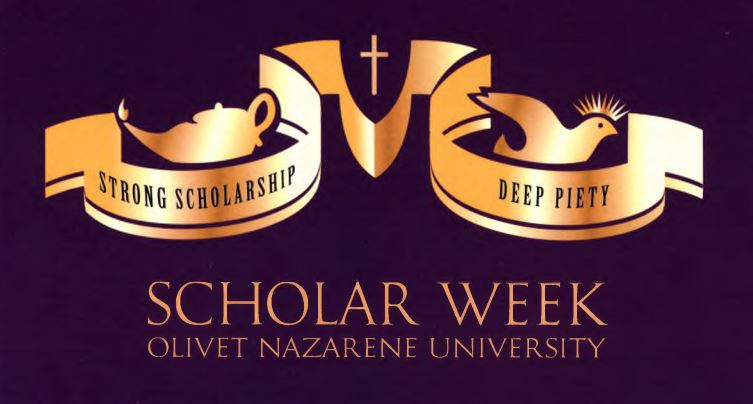For Communication to Presenters & Mentors
pkoch@olivet.edu
Project Type
Faculty Scholarship
Scholarship Domain(s)
Scholarship of Teaching and Learning
Presentation Type
Presentation
Abstract
In 1996, the late Mancur Olson, of the University of Maryland, wrote an article in the Journal of Economic Perspectives entitled "Big Bills Left on the Sidewalk." The title refers to an old joke among economists about whether or not market processes of voluntary exchange exhaust all possibilities for mutually beneficial trades. Olson went on to draw a distinction between marketable human capital, where the development of skills and habits normally increases money income in a direct manner, and public good human capital, where income is affected indirectly through the effect on public policies and institutions. Consistent with the traditional economic treatment of public or collective goods, Olson argued that people have more incentive to invest in the first type of human capital. The second is just as important as the first, but it is subject to the "free rider" problem, where one benefits just as much from the efforts of others as they do from their own initiative.
This presentation will propose, with the context of Christian higher education, that in order to truly connect individual credentials (marketable human capital) with one's spiritual calling (which is partially related to public good human capital), a renewed emphasis on institutional knowledge and participation is required.
Permission Type

This work is licensed under a Creative Commons Attribution 4.0 License.
Included in
The Big Bills Are Still There: What Stands Between Credentials and Calling?
Fishbowl
In 1996, the late Mancur Olson, of the University of Maryland, wrote an article in the Journal of Economic Perspectives entitled "Big Bills Left on the Sidewalk." The title refers to an old joke among economists about whether or not market processes of voluntary exchange exhaust all possibilities for mutually beneficial trades. Olson went on to draw a distinction between marketable human capital, where the development of skills and habits normally increases money income in a direct manner, and public good human capital, where income is affected indirectly through the effect on public policies and institutions. Consistent with the traditional economic treatment of public or collective goods, Olson argued that people have more incentive to invest in the first type of human capital. The second is just as important as the first, but it is subject to the "free rider" problem, where one benefits just as much from the efforts of others as they do from their own initiative.
This presentation will propose, with the context of Christian higher education, that in order to truly connect individual credentials (marketable human capital) with one's spiritual calling (which is partially related to public good human capital), a renewed emphasis on institutional knowledge and participation is required.


